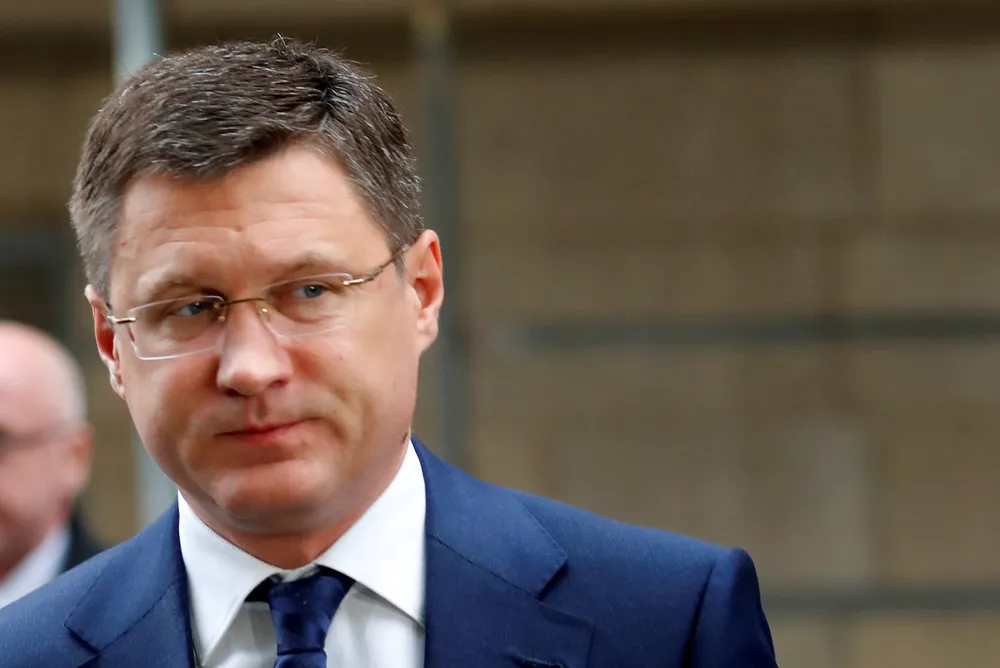Rosneft finds support in bid for Nord Stream 2 capacity
Russia's largest oil producer promises to arrange fast-track gas supplies to Europe as Gazprom remains deaf to pleas for additional deliveries

Russia's largest oil producer promises to arrange fast-track gas supplies to Europe as Gazprom remains deaf to pleas for additional deliveries
